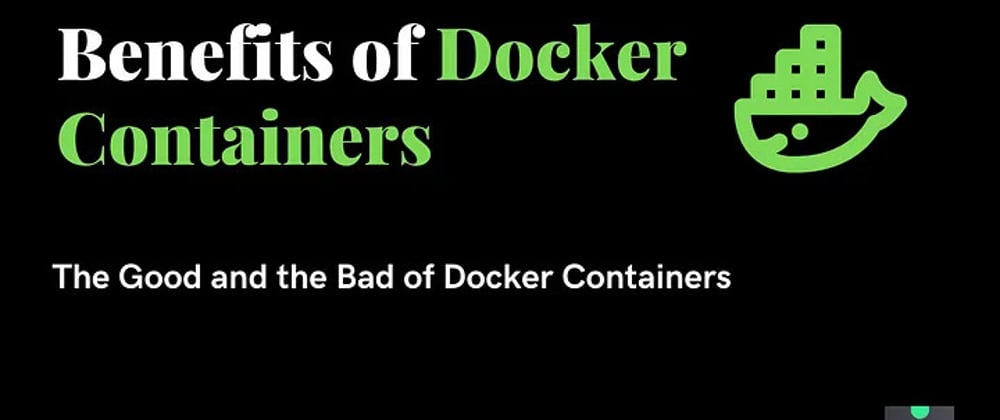In recent years, Docker containers have revolutionized the way software applications are developed, deployed, and managed. Docker, an open-source containerization platform, has gained popularity among developers, DevOps teams, and system administrators due to its many benefits. In this article, we’ll take a look at the benefits of docker containers offer and understand why they’ve become an indispensable tool in modern software development.
Lightweight and efficient
One of the benefits of docker containers is their lightness. Unlike traditional virtual machines (VMs), which require a full operating system to run each instance, Docker containers take advantage of the host operating system and share its kernel. This eliminates the need for a separate operating system for each container, resulting in significantly reduced resource consumption and faster boot times. The lightweight nature of Docker containers allows for efficient use of hardware resources, resulting in greater scalability and cost savings.
Portability and Consistency
Docker containers encapsulate all the dependencies and libraries required for an application, ensuring consistency and reproducibility across all environments. Once a container is created, it can be easily deployed and run on any host machine, regardless of the underlying infrastructure. This portability eliminates the “it works on my computer” problem and streamlines the software deployment process. Developers can securely bundle their applications with all required components, ensuring they run consistently across development, test, and production environments.
Isolation and security
Docker containers provide strong isolation between applications and their underlying host system. Each container operates in its own isolated environment, ensuring that problems or vulnerabilities in one container do not affect others. This isolation improves security by preventing unauthorized access to critical resources and reducing the potential attack surface. Additionally, Docker allows granular control over container permissions and resource allocation, allowing administrators to implement strong security measures.
Scalability and Elasticity
The scalability capabilities of Docker are exceptional. Containers can easily scale up or down as needed, allowing applications to efficiently handle varying workloads. With Docker orchestration tools like Docker Swarm or Kubernetes, developers can easily manage and scale large amounts of containers. The ability to scale quickly and automatically enables organizations to respond to changes in user demand, which improves application performance and user experience.
Fast Application Delivery
Docker simplifies the application deployment process, enabling faster and more frequent releases. By packaging applications in self-contained containers, developers can avoid conflicts with the underlying system and reduce deployment errors. Containers can be built and deployed in seconds, streamlining continuous integration and continuous deployment (CI/CD) pipelines. Docker’s infrastructure-as-code approach makes it easy to release, manage, and roll back deployments, which speeds time to market for software products.
Easy Development Environment Setup
Developers often face challenges when setting up their development environments, especially when working on projects with multiple Dependencies. Docker containers solve this problem by providing a consistent and repeatable development environment across all machines. Developers can define a Dockerfile containing all necessary configurations and dependencies and launch identical development environments with it. This consistency eliminates compatibility issues, reduces setup time, and ensures that all developers are working in the same environment.
Conclusion
Docker containers have changed the way software applications are developed, deployed, and managed. Due to their lightweight and efficient nature, portability, isolation, and scalability, Docker containers offer many benefits to developers, operations teams, and businesses. The ability to bundle applications and their dependencies into self-contained units provides consistency, simplifies deployment, and improves security. As technology advances, Docker containers will undoubtedly play a vital role in shaping the future of software development and deployment practices.







Top comments (0)